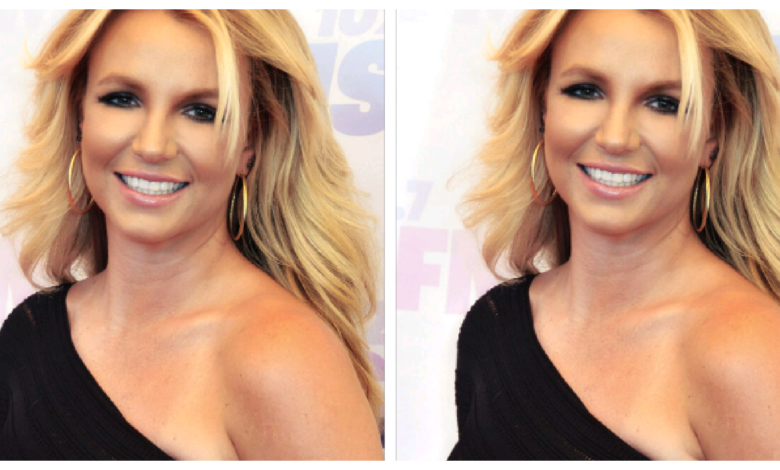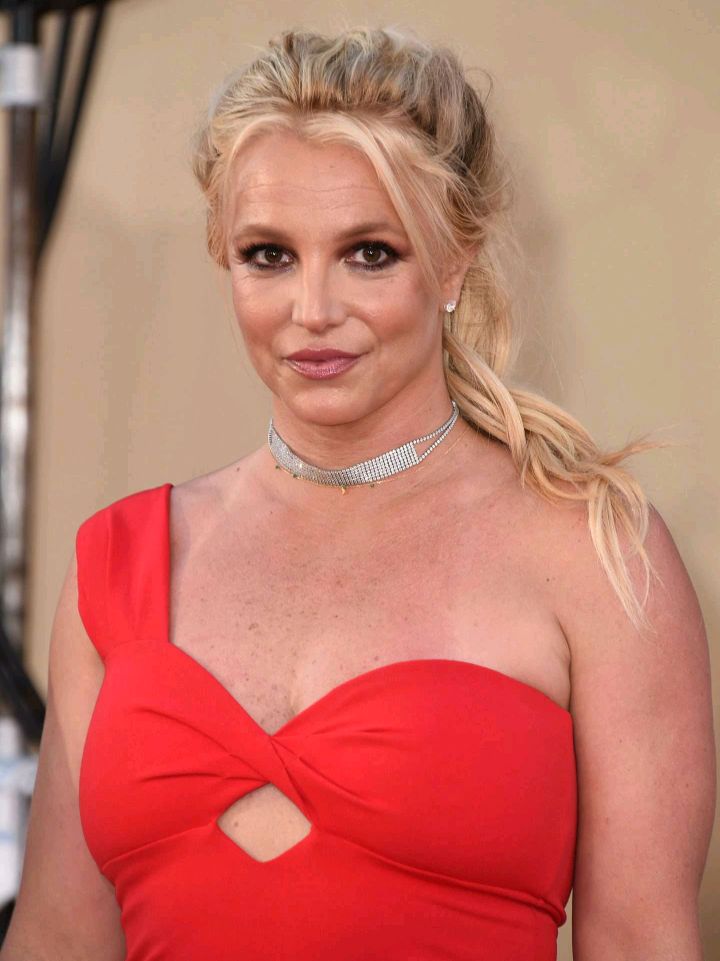The Conservatorship Controversy: Issues surrounding Britney’s conservatorship

Britney Spears’ conservatorship controversy gained significant attention as concerns were raised about her well-being, autonomy, and legal rights. A conservatorship is a legal arrangement in which a guardian is appointed to manage the personal and financial affairs of an individual who is deemed incapable of making such decisions themselves. Britney’s conservatorship was established in 2008 following her highly publicized personal struggles. Read also

The #FreeBritney movement, initiated by fans and supported by some celebrities, called for the end of Britney’s conservatorship. Supporters questioned the necessity of the conservatorship, claiming that it had become too restrictive and controlling over time. They expressed concern that Britney was being denied basic freedoms and that her rights were being violated.
Several legal and ethical issues were brought to light:
Lack of Autonomy: Critics argued that Britney, despite her public appearances and performances, was not in control of her life due to the conservatorship’s restrictions on personal decisions.
Financial Control: The conservatorship gave her father and a financial company control over her financial affairs, including her assets, earnings, and spending. Read also
Limited Personal Freedom: Reports of strict rules and oversight, including restrictions on dating and having children, raised questions about Britney’s personal freedoms.
Voicelessness: Concerns arose about Britney’s ability to speak out freely about her situation, leading to speculation that she might be silenced by the conservatorship.
Consent and Understanding: Some questioned whether Britney fully understood the implications of the conservatorship, given the long duration and the complexity of legal matters.
Conflict of Interest: Critics raised concerns about potential conflicts of interest between her conservatorship team and her personal interests.
In response to the growing outcry, Britney Spears sought changes to her conservatorship in court. In June 2021, she delivered a powerful testimony detailing her experiences and expressing her desire to end the conservatorship without further evaluation. Shortly afterward, the judge allowed her to choose her own attorney, which was seen as a significant step towards addressing her concerns.
The conservatorship controversy brought attention to broader issues surrounding guardianship, personal rights, mental health, and celebrity culture. It highlighted the importance of ensuring that legal arrangements like conservatorships are transparent, fair, and in the best interests of the individual involved.



